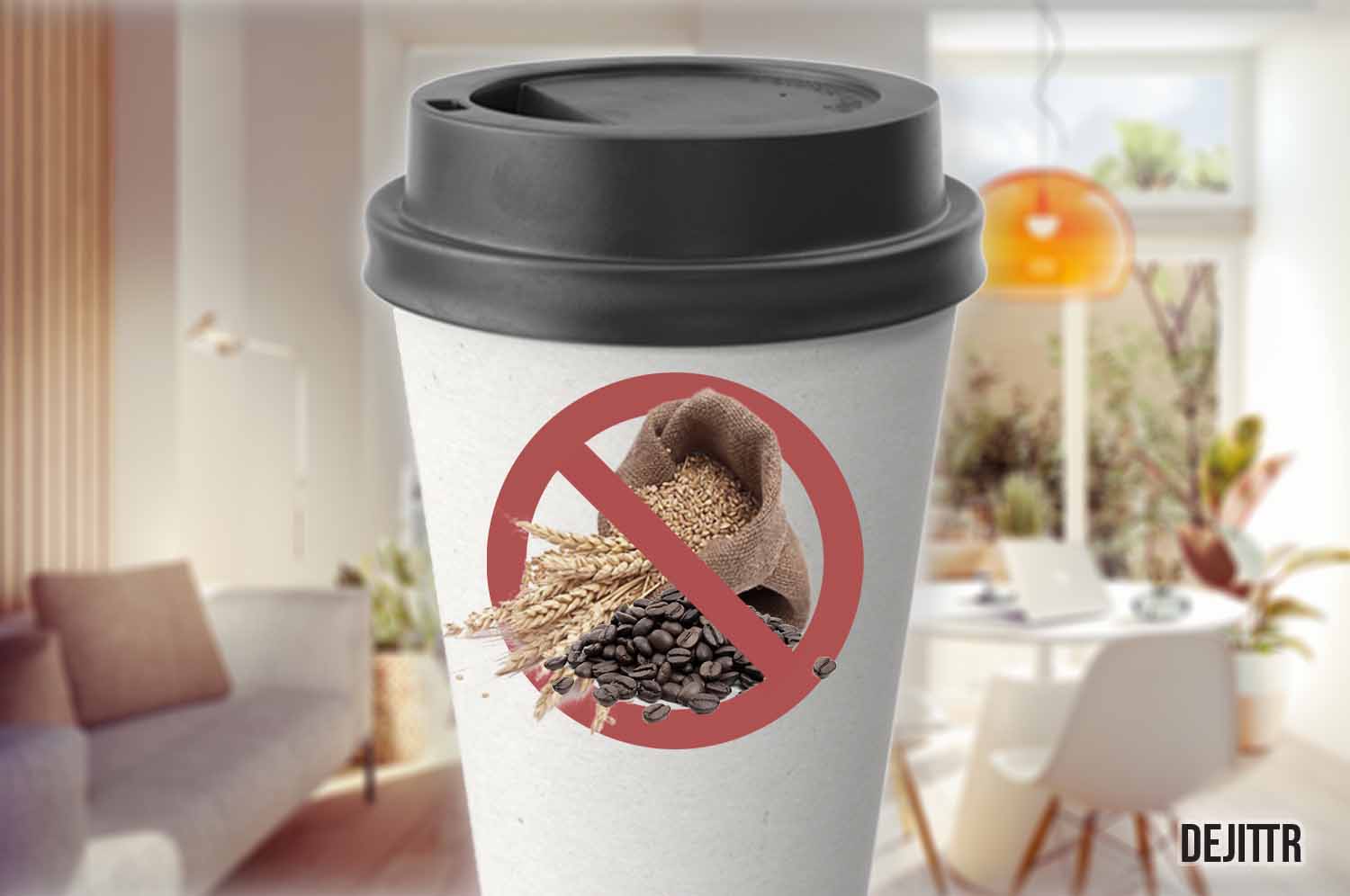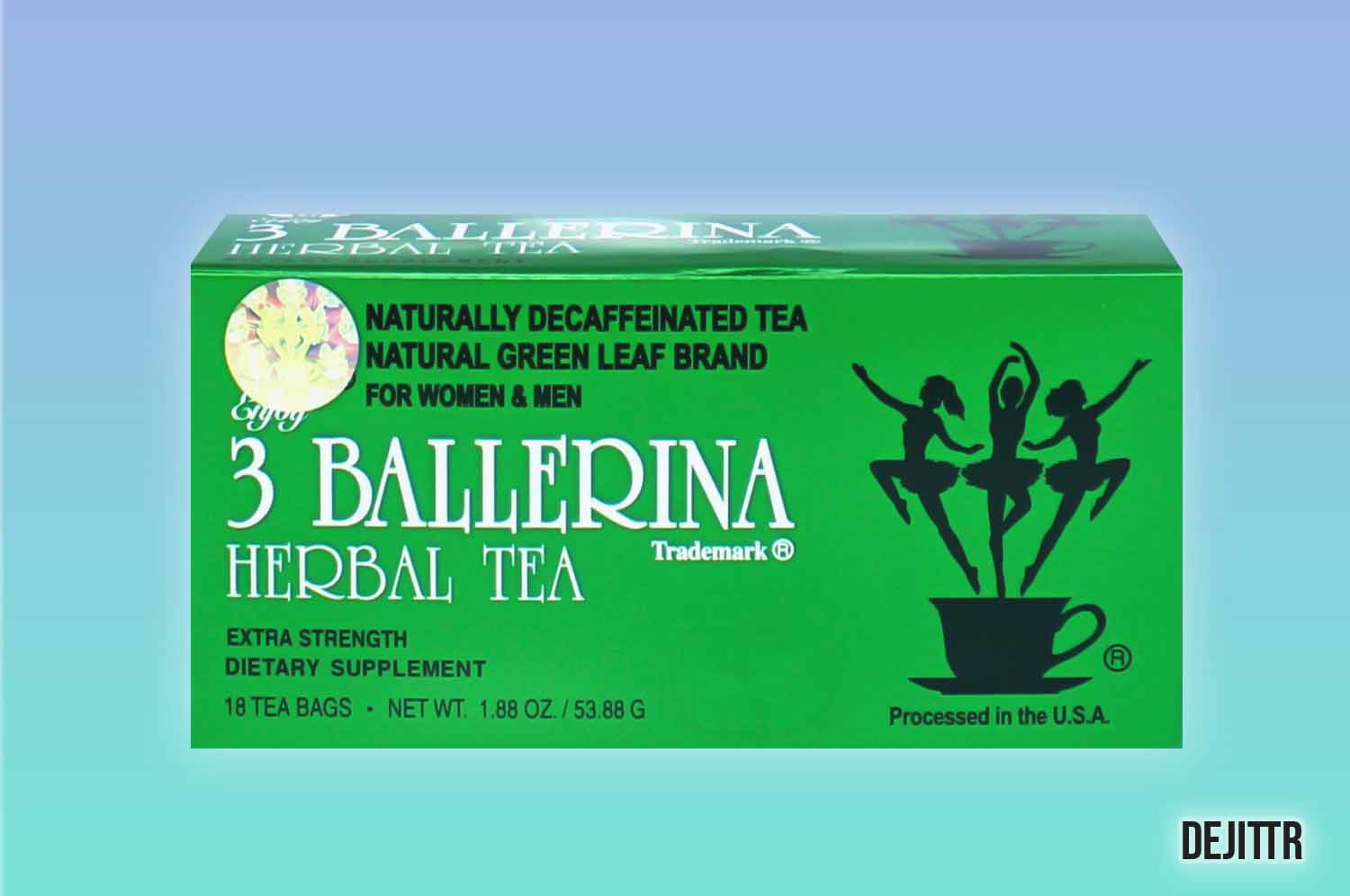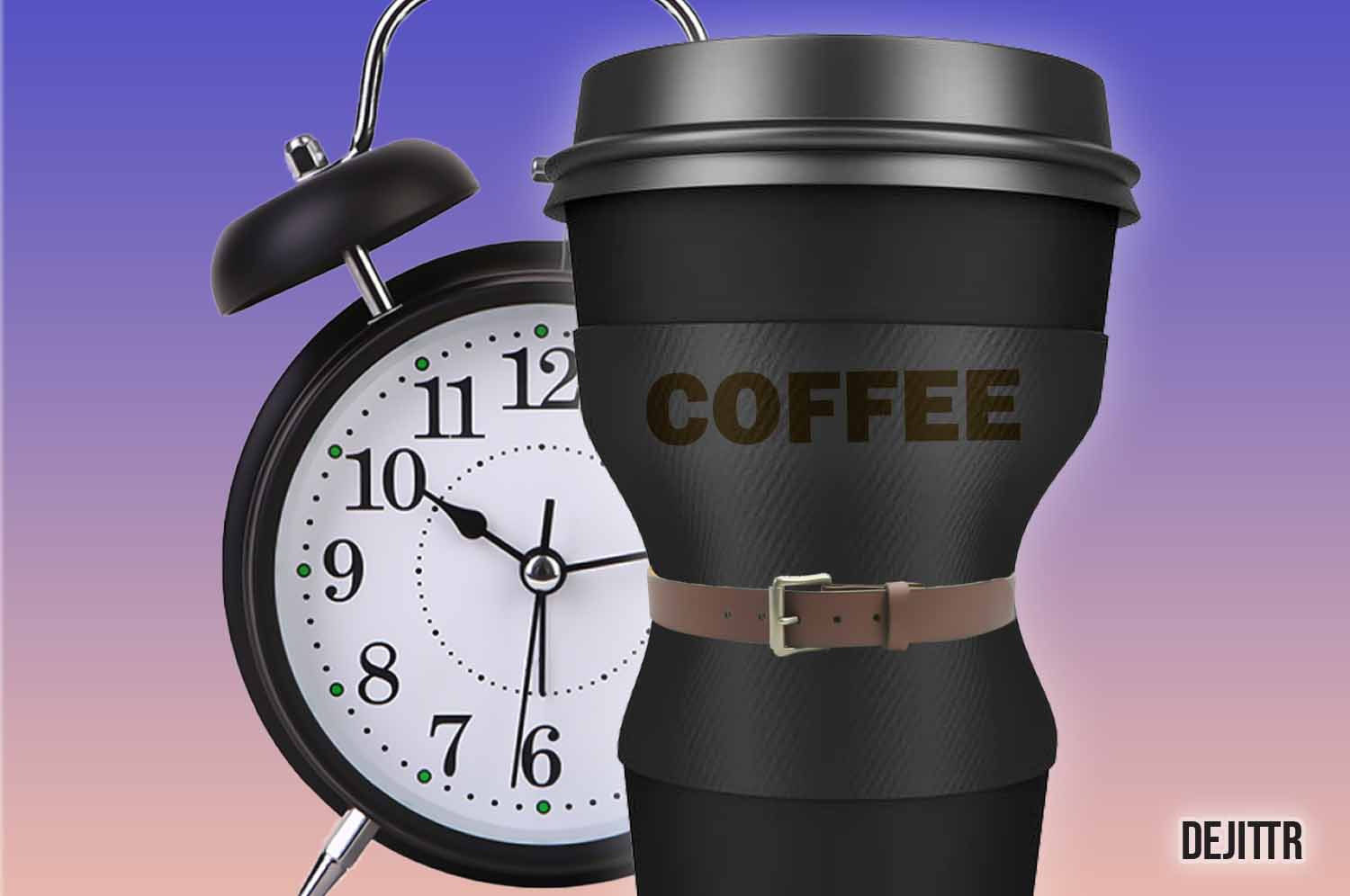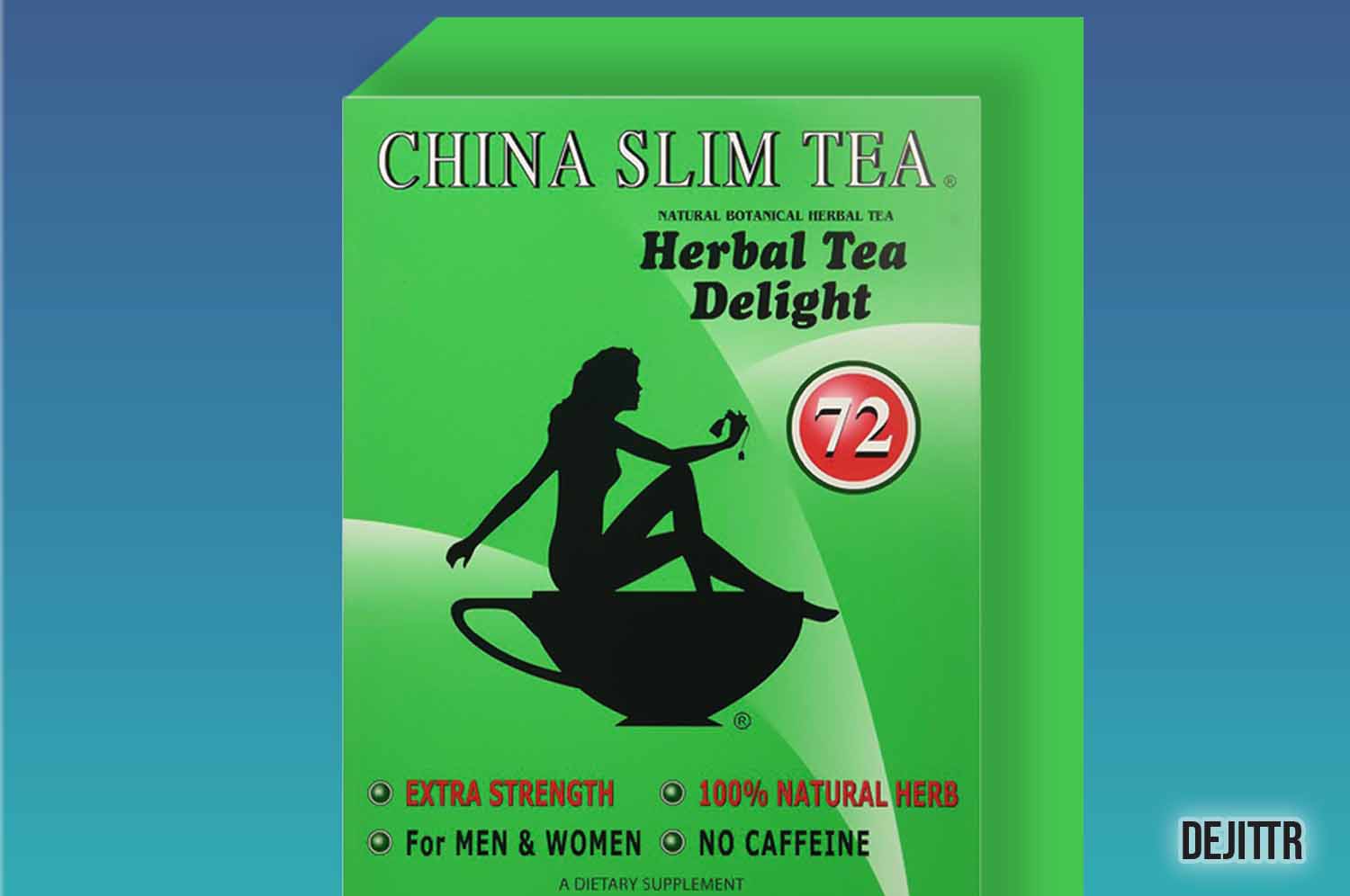Many people can not go a single day without having a hot cup of coffee. However, too much dependency on this drink has its side effects. Besides, barley, a popular coffee substitute, also it’s drawbacks. So, you might be eager to know some coffee alternatives without barley.
In this guide, we’ll discuss a few of the most healthy alternatives to coffee and some other related information you might find helpful.
Why Consider A Substitute For Coffee
Since coffee has high caffeine levels, it can cause some harmful effects on your health. The high caffeine content might create uneasiness and restlessness in some people. Coffee can cause gastric upset and headaches in some individuals.
Recommended Resource:
One of the goals of our website is to demystify ingredients such as caffeine. We create fun-to-read, in-depth, and medically-backed topics that our users love. Here’s another super helpful resource when you’re done reading this article.
Coffee has the potential to elevate blood pressure. High consumption of unfiltered, boiled coffee can cause a modest increase in the level of cholesterol as well. Coffee addiction is also a concern for many people. So, many people these days are looking for healthier alternatives.
A few of the most common adverse health effects of coffee are:
- Headache.
- Increase blood pressure level.
- Restlessness.
- Nervousness.
- Dizziness.
- Anxiety.
- Heartburn.
- Muscle tremors.
- Insomnia.
- Pounding heart.
- Dehydration
Even if you don’t drink a lot of coffee, you will experience these side effects if you are caffeine-sensitive. Pregnant women or breastfeeding mothers must keep their caffeine consumption to a minimum. Moreover, it would be best if people suffering from acid reflux or heartburn take coffee in moderation or avoid it entirely.
The Issue With Barley Based Drinks
Barley-based drinks like barley tea and herbal teas are often used as an alternative to coffee. But they have some unwanted health effects as well. Here are some undesirable side effects of barley:
- Bloating due to gas build-up
- Feeling full all the time
- Reduced appetite
- Stomach pain
- Constipation
- Allergic reaction
So, if you are experiencing any of these side effects, then avoiding barley-based drinks would be best for you. Barley is rich in gluten. So, if you are maintaining a gluten-free diet, then in that case you must avoid barley as well.
6 Alternatives To Coffee Without Barley
Many people choose to have barley tea as an alternative to coffee. It includes trace quantities of acrylamide, an anti-nutrient that may cause cancer. So, needless to say, it should also be ruled out as a good alternative to coffee. Here we will go over some of the most excellent coffee alternatives without barley:
1. Chicory
Chicory is one of the most famous coffee substitutes because it tastes like coffee but doesn’t contain caffeine. You can roast, grind, and brew chicory root into a tasty hot beverage. For this reason, most consumers, particularly vegans, use this as a natural and healthy coffee alternative to start their day.
Furthermore, it also contains a lot of insulin. By supporting the growth of good bacteria, such as Lactobacilli and Bifidobacteria, this fiber content can assist digestion and keep a healthy stomach. It can also encourage the gallbladder to generate extra bile, which might help with fat digestion.
Moreover, roasted and pre-ground chicory roots are also available, making it simple to prepare. Then you will only have to brew it in filter coffee makers, espresso machines, or French presses.
However, note that chicory root might cause stomach issues for some individuals. Even though inulin seems beneficial for health, it can cause gas and bloat. Besides, you must avoid chicory root if you are breastfeeding or pregnant. It is because the information about its safety in such situations is limited.
2. Milk Tea
Milk tea is the most popular drink all over the world. In fact, it is much more popular than coffee. While people in the west start their day with coffee, in regions like India and Bangladesh, the people start their day with milk tea.
Tea is rich in caffeine. So, if you don’t have any sort of caffeine sensitivity, then milk tea is a great way to get that little boost in the morning. The best aspect of milk tea is that it’s not overly saturated with caffeine. This ensures that you don’t get the jitteriness after drinking a cup. This also ensures that you don’t suffer from burnout after the caffeine action goes away.
While it can also create dependency just like coffee, it is not nearly as severe as coffee. This makes milk tea one of the best coffee alternatives.
But do make sure that you choose the right type of tea. There are numerous types of teas. And some of them, especially herbal teas, contain barley. And we are trying to avoid that as well. So, do some proper research on the type of tea you are using before adding it to your daily routine.
3. Matcha Tea
A single cup of matcha tea contains a large number of helpful antioxidants. It can work as a healthy substitute for coffee lovers. Matcha is a green tea type made by heating, drying, and finely grinding Camellia sinensis plant leaves. And it seems to have a light, earthy flavor.
Unlike brewable green tea, you ingest the entire leaf. As a result, you’re consuming a considerably higher concentration of antioxidants, including EGCG (epigallocatechin gallate).
Well, many of matcha’s claimed advantages are related to EGCG. It may lower your high BP risk if you drink it daily. Additionally, matcha tea can also help reduce type-2 diabetes risk and help you lose body fat.
However, matcha has more caffeine than conventional brewed green tea. And, in some instances, coffee since you are consuming the whole leaf.
4. Kombucha
Kombucha is a fermented black tea beverage. The sharpness of the fruity and sour drink is enough to give you an energy boost. Kombucha includes acetic acid, antioxidants, and probiotics following fermentation. And all of them have beneficial health effects.
Additionally, it is high in vitamin B, which is necessary for the human body to release energy. Besides, kombucha increases immune function and improves blood sugar levels and cholesterol levels in diabetic people.
This fantastic beverage’s nutrients may help digestion. And it also provides the required energy. That too, without the caffeine crash that drinking coffee usually brings.
We don’t recommend making kombucha yourself due to the significant potential for pathogen infection. Nevertheless, numerous commercially accessible types do not carry the same risk.
5. Rooibos Tea
Rooibos, sometimes known as red tea, is a popular caffeine-free drink native to South Africa. Unlike coffee, rooibos has few tannin antioxidants that can be useful and inhibit iron absorption. Despite its low tannin level, rooibos has a significant number of other antioxidants.
Well, rooibos takes longer to steep than most teas. So, over-steeping doesn’t produce a bitter aftertaste. Instead, the flavor of rooibos is slightly sweet and fruity. You have to steep 1-2 tsp of dry rooibos in your tea filter for about 5-10 min. Furthermore, you can also add honey and lemon to taste.
6. Golden Milk
Golden milk is one of the best drinks of all time. It is a creamy, caffeine-free coffee alternative. This warm beverage contains energizing spices like cinnamon, black pepper, ginger, and turmeric. Honey, cardamom, and vanilla are also popular ingredients.
In addition to providing the drink with a gorgeous golden hue, turmeric may also offer great anti-inflammatory qualities. Furthermore, both black pepper and fat improve your body’s absorption of nutrients in curcumin. As a result, you might use whole milk instead of fat-free dairy for this beverage.
Conclusion
As of now, you have got to know about some healthy and delicious coffee alternatives without barley. So, you should not have any worries if you want to stop drinking coffee but avoid barley tea. Try all the tasty drinks on the list and pick the one you like best.
Thanks for reading through. Hopefully, you have found this article helpful.












